It may be hard for you to accept, but your belief system is a work of fiction. It’s a narrative that’s either self-constructed, borrowed from another source, or a combination of the two.
There’s nothing inherently wrong with holding beliefs. We all have them in some form or another. But they can be limiting.
Living exclusively within such a defined way of thinking is like trying to paint a landscape with a single color – or at best, several shades of the same hue. It doesn’t inspire much progressive thought, as everything either has to conform or else be discarded. There’s no in-between. It can lead to a reductionist mindset that fosters unnecessary division and, in some cases, deep-seated prejudice.
That, of course, is very much a one-sided view. There is a distinction that needs to be made here. The virtue of belief and the belief in a system are worlds apart from each other. In times of adversity, faith can be a powerful tool. It serves as a catalyst and source of strength, which can see you perform extraordinary feats of endurance, whether it’s a life and death situation, sport, or anything in between.
But, the hope that a belief system provides isn’t the same. It’s conditional. It takes the form of a request for preferential treatment in exchange for adhering to a set of required steps. There is no sense of empowerment or inspired action. It takes the onus off what you can do to affect your circumstances and places your fate in the hands of an intangible force. So anything you do achieve as a result is never truly of your own doing…
This form of ‘power giveaway’ disguised as hope can be used as bait to manipulate the vulnerable into compromising positions. When you’ve hit rock bottom, you’ll do almost anything to turn things around. And when a solution appears to have all the answers you’re looking for, you latch onto it. You offer your compliance to it – whatever it is – and you’re hooked.
However, many people have used the guidance of institutions to create enormous life changes and develop real integrity. They can be a force for good. The real problem is when they become weaponized.
What happens to people when there’s pressure from community groups to adhere to ‘rules’ that compromise their free-will? This isn’t to single out any faith over another. It’s dealing in the absolute of dogmatism. That’s the real issue, here – not religion.
The Fallacy of Division
When you have competing belief systems – and I stress competing – you automatically create a cultural schism in society. It breeds suspicion, misjudgment, and prejudice amongst people who are fundamentally the same – human beings. It’s the classic example dualism – the left versus the right paradigm – one polarity versus another. Rational thinking is replaced by the need to usurp and be the dominant voice.
Instead of looking at the good each side can contribute, we focus on our differences. The concept of expressionism is not an option. One side must prevail… At the base level of understanding, a single belief system in part asks you to surrender your free-will and functions as a dictatorship. Multiple belief systems invite the competition. Something has to give.
In order to be successful, our belief systems must be rooted in some semblance of truth to gain our trust. However, your spirituality doesn’t require a belief system to function. It is and always will be an innate quality. You don’t need someone to tell you how to act. And you certainly don’t need anyone to be your moral compass.
Want to know more about the concept of authentic spirituality? Read 7 Levels of Spirituality – Where Are You?
Your basic humanity is all the guidance you need. Living a spiritual existence doesn’t require you to join a ‘club’ to realize what’s already in your heart. Buddha wasn’t a Buddhist; Jesus wasn’t a Christian, and Muhammed wasn’t a Muslim. They were all equally well renowned in their respective times and cultures. But what united them more than their fame was that they achieved a level of self-mastery through their actions and self-inquiry.
Creating a New Paradigm of Spirituality
Ask yourself, ‘what does spirituality actually mean to you?’ Is it prayer, meditation, seeking knowledge, inner work, and enlightenment? It can be all of those things. But at the same time, none of those pursuits are necessary. Spirituality doesn’t need to be that complicated. At its core, it’s about basic goodness.
The best spiritual practices are rooted in your actions towards others. They’re about treating people with kindness. You can refer to concepts such as compassion, forgiveness, and non-judgment if you like.
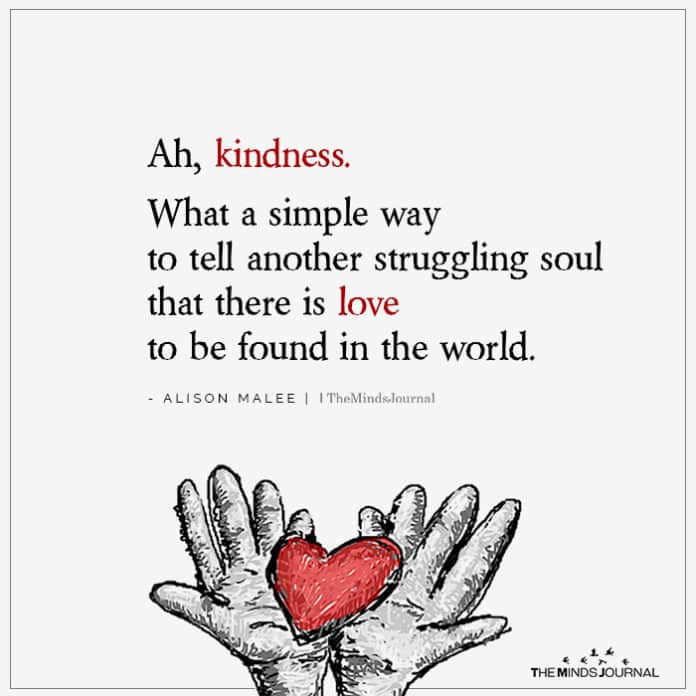
But even for all their purity, they too can become polarised concepts. In some instances, they can create a certain expectancy of what’s required and what’s acceptable – a further case of right and wrong. The left and right narrative still at play.
All that’s required is that your actions are rooted in love. It’s the lowest common denominator. That’s spirituality. You don’t need to commit hundreds of hours of study to come to that realization. Love doesn’t need a belief-system. It’s as close to an absolute that exists. But if you find having some sort of guiding post helps raise your consciousness, then do what works for you.
Embracing Our Shared Humanity
The beauty of life is in each of us treading our own path. This is merely an examination of the diminishment of personal power through over-subscribing to an institutional way of thinking. There are still truths that we can learn from every faith. And to throw the proverbial baby out with the bathwater is exactly the kind of zealotry that I’m speaking out against, here. The only perspective that’s being offered is every time you act from a place of love, whether towards yourself or another, it comes directly from your heart.
You don’t need permission to do this. If you look within, the capacity is already there. Your actions don’t require a script.
The only thing that’s needed is your conscious application, coupled with these two questions, ‘would I like to be treated this way?’ And, ‘would I wish someone would help me in this situation?’
That’s all there is to it – basic shared humanity. It’s common sense, really…
There are no checks and balances needed other than, ‘are my actions in line with those I would accept from others?’ If the answer’s yes, you’re golden. If not, then simply ask yourself what you would do better next time. When you strip away the fluff of belief structures, that’s the essence of what they all offer – this one universal truth. Be the change you want to see in the world.
There is no right and wrong other than the way we treat each other.
If you want to know more about how you can embrace your shared humanity and spirituality, then check out this video below:




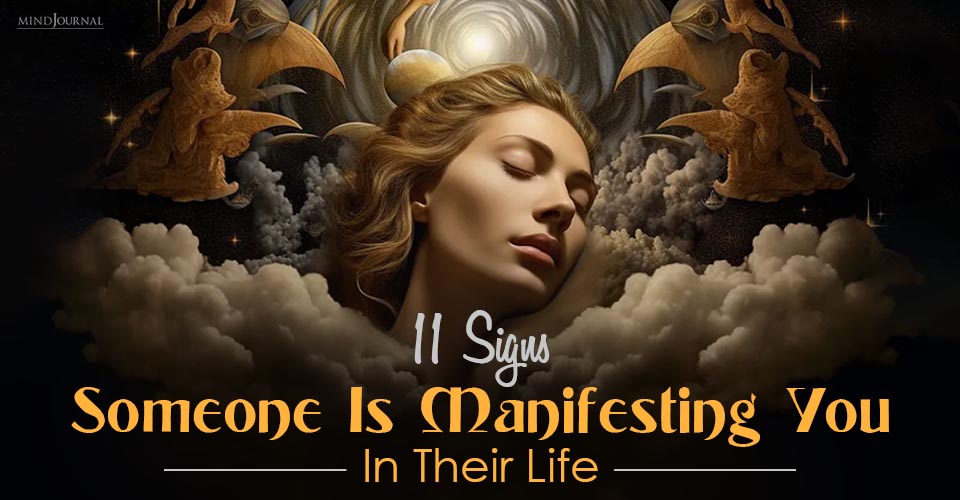
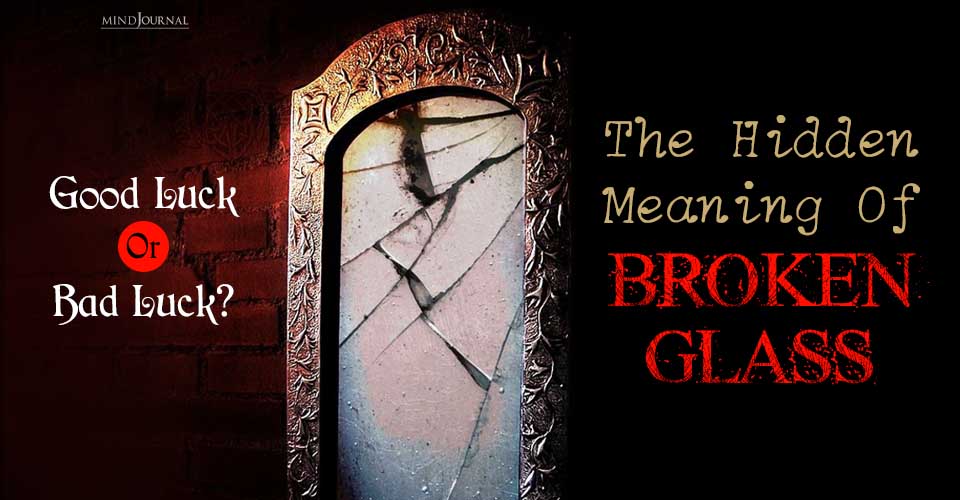
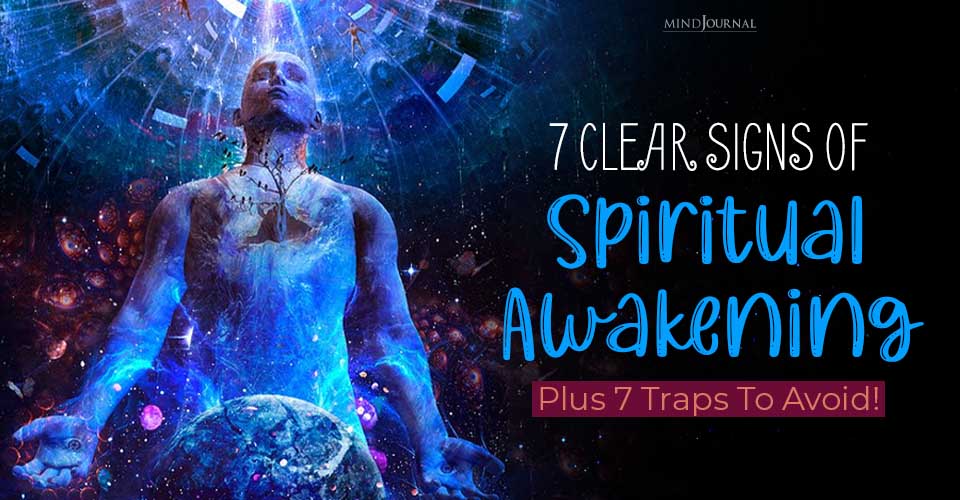
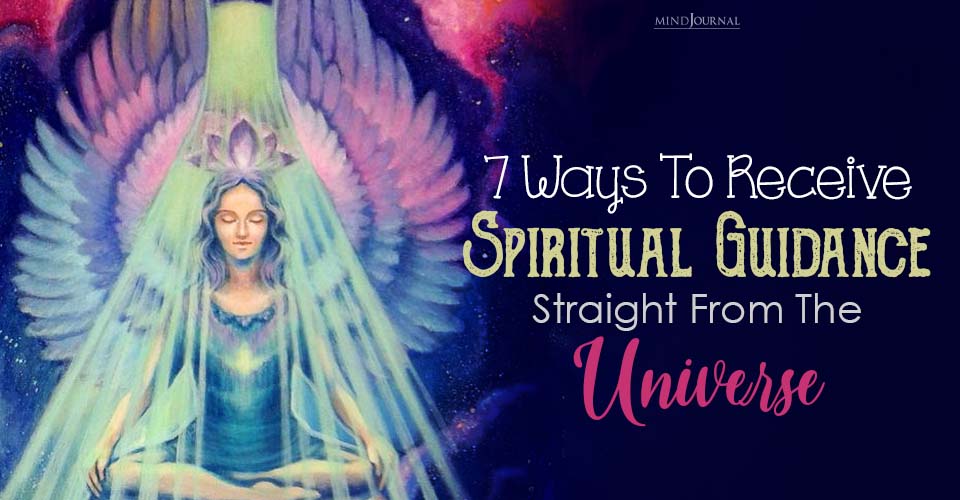
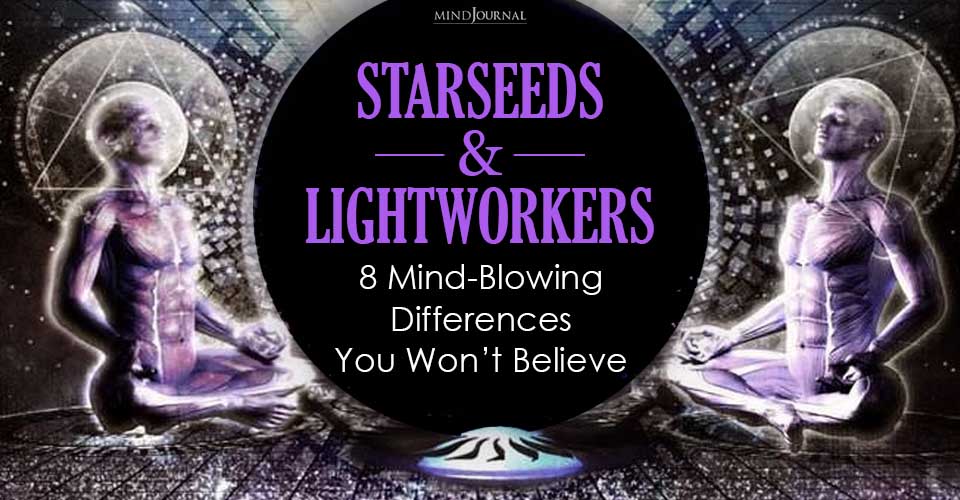
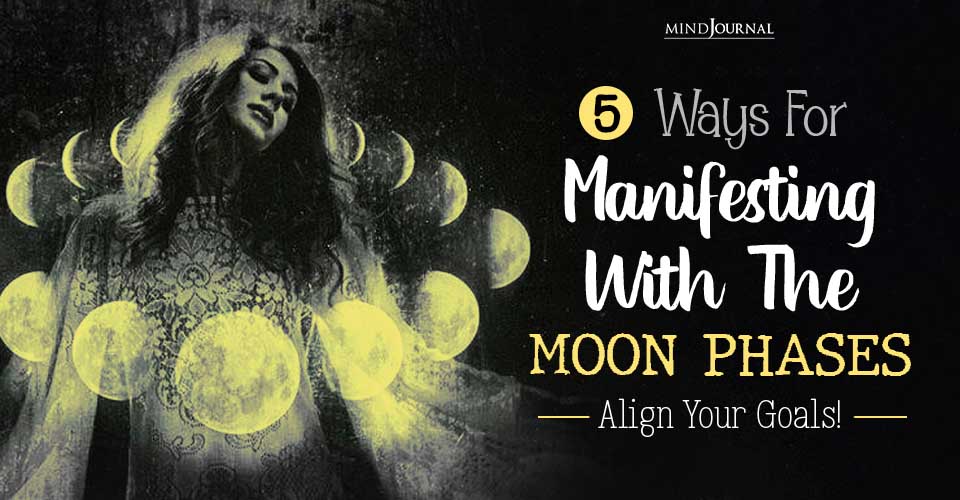
Leave a Reply